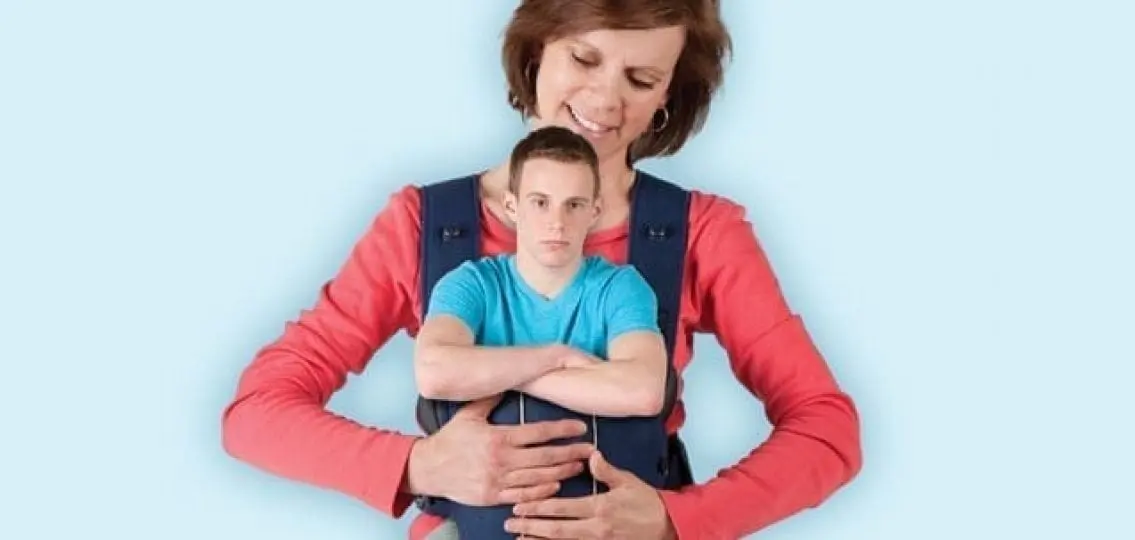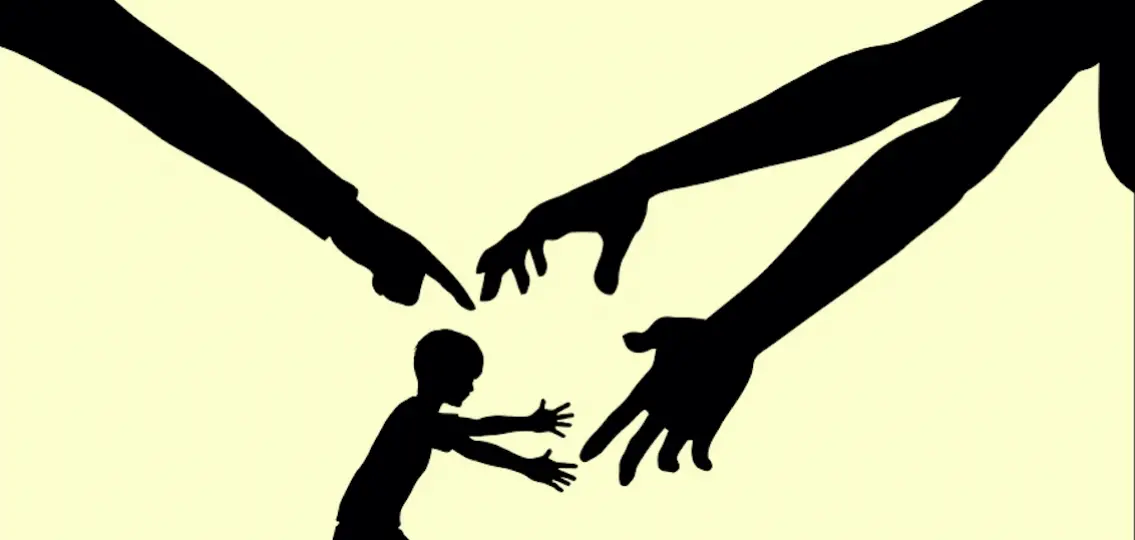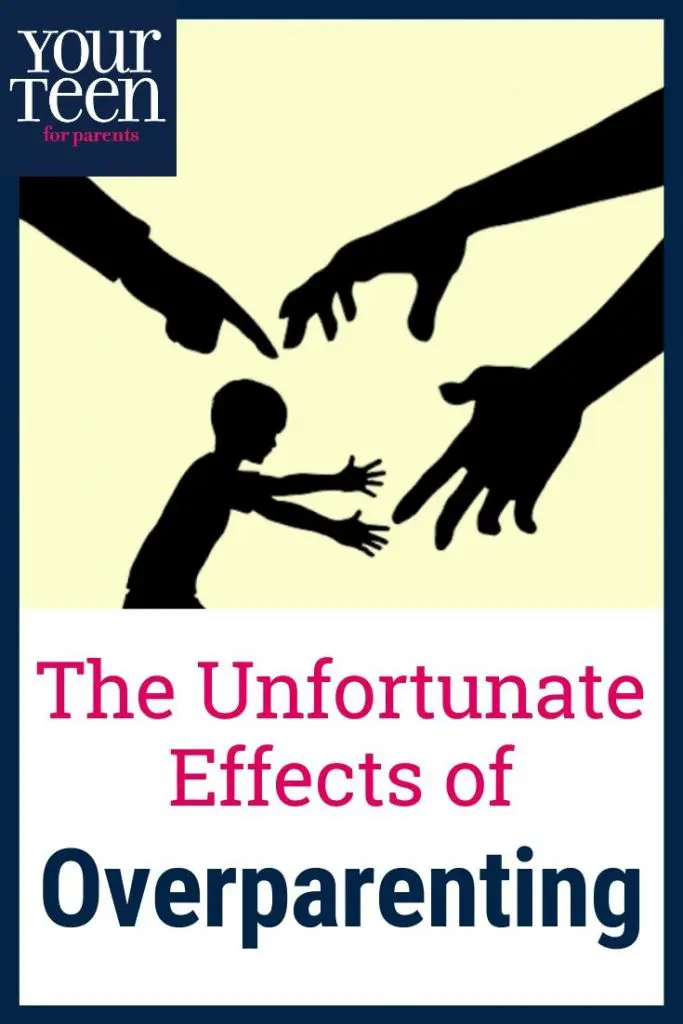Author and educator Julie Lythcott-Haims, former Dean of Freshmen at Stanford University, speaks and writes on the phenomenon of helicopter parenting and the dangers of a check-listed childhood. In her book, How to Raise an Adult, she makes the case for parents to stop overparenting and defining their children’s success via grades and test scores, and instead to focus on providing the oldest idea of all.

Q: You write about overparenting. What kind of parent are you?
Lythcott-Haims: I used to be a finger-wagging dean who was critical of parents of college freshman who didn’t seem to be able to let go of their son and daughters. Now I’m quite empathetic towards the parents who can’t let go. In 2009, I had just given a talk to parents of new freshmen to say: (1) trust your kid, (2) trust the university, (3) please go home. I went home for dinner with my own family. My kids were eight and ten at the time. I leaned over and started cutting my ten year old’s steak. I realized that I’m one of the parents I’m writing about, and that I tend toward being overly helpful.
This is a book that’s full of compassion for parents. I get that we’re acting with love and with fear. I just think we’ve walked past the long-term goal, which is to have our kids be adults who can fend for themselves.
Q: Did our parents understand the importance of letting kids fend for themselves better than we do?
Lythcott-Haims: Evolutionary psychologists and biologists tell us that humans have evolved to be highly skilled and to want to do for themselves. I don’t think our parents understood that any better, but instead we’ve arrived at an evolutionary place and a societal era where many of us try to engineer every outcome. We’re trying to control the environment in ways that were certainly not as possible before. Recognize that childhood itself can provide much of the teaching and learning that humans have always needed. We should not let affluence or educational achievements get in the way of letting our kids actually walk their own path and experience the bumps and bruises.
Q: Have we over-engineered parenting?
Lythcott-Haims: I believe we have arrived at a place where we feel that with enough education, with enough information, we can engineer every outcome. We’ve become the most educated generation of parents. We have this sense that parenting is a role that we must study for and be perfect at. Our child’s outcome is not only a measure of their worth, but of our own. There’s a linguistic shift that took place a couple decades ago where we started calling it parenting instead of child raising. It really shifted the focus from our kids to us.
Q: It’s confusing actually.
Lythcott-Haims: Yes, it is confusing. While parents today likely have the same long-term goals, they typically have different ideas about how to get there. Long-term, parents should realize that their sons and daughters need the capabilities, capacities, mindsets, work ethics that adults have. I think people are very fearful about the long-term, and think, “It’s a scary world. It’s a bad economy.” So they say “I will always be there for my kid, I will fix everything for them, I will plan for them, I will pick up after them, I will be their constant safety net.”
That’s when it becomes overparenting. They think they’re helping them out, but they’ve completely abandoned those long-term goals. We’ve got to have the confidence that our kids are capable and have what it takes to fend for themselves. “Fend” by definition means to do for oneself. It does not mean pick up the cell phone and text your mom or dad.
Q: It’s easy to feel that our children’s mistakes are a reflection on us.
Lythcott-Haims: Making mistakes and breaking rules is normal. This is what teens do. It’s our job to set expectations and rules, and to administer consequences when they’re not met. Too many parents think “If my kid does this, it’s a reflection of me as a parent. I need to ensure that they don’t do these things.” Instead, the healthier approach is, “They’re their own human. We’re here to advise and guide. When they go off the rail, our job is to face them with the consequences, and help them get back on the rail,” rather than feel that it’s our failing, or we’ve been personally let down.
Q: From the minute you come home from the hospital with a baby, you dream of their future. When is the real point when you have to let them dream for themselves?
Lythcott-Haims: We shouldn’t have plans for what they should be or do. Instead we should have hopes and expectations of the type of person they’ll be. We want them to feel competent because they have skills they learned because they tried and failed, and tried and failed, and tried again—and succeeded. We want them to know how to be kind to other humans because doors of opportunity open when we can just be kind to others.
That’s character. We’re not talking about envisioning the hallowed halls of whatever university that we hope they’ll walk, but rather how they’ll behave and what they’ll be capable of doing wherever they go. Being capable of loving themselves and loving others will turn out to be probably the most important thing they will value most in their life. Plus figuring out what you’re good at, and what matters to you, and finding a path accordingly. We can imagine a future, but it shouldn’t be career or specific college intended. It should be these characteristics and capabilities. Our kids can thrive wherever they go.
Q: Do we as parents grade ourselves by the wrong criteria?
Lythcott-Haims: We should use different criteria. If there is a parenting report card, it should be “Does your child do the right thing in the world, even when no one is looking or grading them?” Their good character is the highest possible grade we could receive. As parents, we should show an interest in them, not just their grades and scores.
When you first see each other at the end of the day, looking them in the eye, smiling, letting them see that their presence brings you joy, and saying, “Hi. How was your day? What did you like about today?” Take an interest in what actually interested them in the day, instead of bombarding them with, “How’d that math test go? How much homework do you have?” The first questions we ask when we reunite with them at the end of each school or work day really is a very clear signal to them about what matters to us. Many of us are conveying the impression that our kids’ worth value comes from their test scores and GPA. We’ve got to take that broader view, and value the human behind those achievements.
Q: How do we raise kids to do the right thing when we aren’t there?
Lythcott-Haims: All we can do is have expectations, role model good behavior, and acknowledge and reward them when they do something well. When we see them doing some small act of kindness to a sibling or to someone at the grocery store or a friend on a team, just to look at them afterwards and say, “I saw what you did. That was really good at you. It made me feel very proud.” They hunger for our approval. They hunger for our attention, and they’re going to get it somehow. Acknowledge the really good things they do, and they’ll want to do more of those good things. We should take a step back so our kids can step forward, and blossom into the humans they deserve the chance to be.





